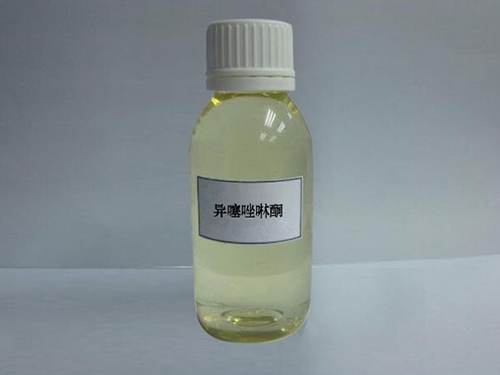Exploring the Versatility and Applications of Poly Aluminium in Water Treatment Solutions
The Versatile Applications of Poly Aluminium
Poly Aluminium, commonly referred to as polyaluminium chloride (PAC), is an inorganic polymer widely utilized in various industries due to its effective water treatment properties. It is a coagulant that has garnered considerable attention as an alternative to traditional aluminum sulfate and ferric chloride, particularly in the field of water purification, wastewater treatment, and even in the food industry.
Composition and Properties
Polyaluminium is formed through the hydrolysis of aluminum salts, leading to a product with a varying degree of polymerization. Its general formula can be represented as Aln(OH)mCl3n-m, where 'n' denotes the degree of polymerization. This unique composition gives PAC a higher charge density compared to traditional coagulants, which enhances its effectiveness in destabilizing colloidal suspensions in water.
The key properties of polyaluminium include its solubility, non-toxicity, and low sludge production. Its ability to form larger flocs allows for easier sedimentation, making it a preferred choice for facilities dealing with large volumes of water in need of purification.
Applications in Water Treatment
One of the most significant applications of polyaluminium chloride is its use as a coagulant in drinking water treatment plants. PAC efficiently removes turbidity, color, and organic matter from water by neutralizing the charges of suspended particles. This process encourages the formation of larger aggregates, which can be easily removed during sedimentation, thereby producing clear and safe drinking water.
Moreover, the effectiveness of PAC allows for lower dosages compared to aluminum sulfate, resulting in reduced chemical costs and less residual aluminum in treated water, which is crucial for meeting health regulations. In addition to drinking water treatment, polyaluminium is also widely used in municipal wastewater treatment, where it aids in the removal of phosphates, suspended solids, and other contaminants, thus contributing to environmental protection.
poly aluminium

Industry Applications
Beyond water treatment, polyaluminium has found applications in various industries. In the paper and pulp industry, it aids in the retention of fibers and fillers, enhancing paper quality while minimizing the environmental impact of wastewater discharges. Similarly, in the cosmetic and pharmaceutical sectors, polyaluminium serves as an emulsifier and stabilizer in formulations.
In the food industry, polyaluminium chloride is sometimes used in the production of edible products, such as cheese, where it acts as a firming agent. Its non-toxic nature and effectiveness at lower concentrations make it a favorable alternative for manufacturers.
Environmental Considerations
Despite the benefits, the environmental impact of polyaluminium has been a topic of discussion. When used in large amounts, it can lead to the accumulation of aluminum in natural water bodies, posing potential risks to aquatic life. However, responsible usage and strict adherence to environmental regulations can mitigate these risks, ensuring that PAC serves its intended purposes without detrimental effects.
Conclusion
Poly Aluminium, or polyaluminium chloride, is a versatile coagulant with a broad range of applications across various industries. Its efficiency in water treatment, coupled with its properties that minimize environmental impact, makes it a valuable asset in modern water management practices. As industries continue to seek sustainable solutions to water treatment challenges, polyaluminium is likely to remain a critical player in ensuring safe and clean water for communities worldwide. Its ability to adapt to both industrial needs and environmental standards demonstrates the evolving landscape of water treatment technologies that prioritize health and sustainability.
-
The Power of Isothiazolinones in Modern ApplicationsNewsMay.08,2025
-
Flocculants in Water TreatmentNewsMay.08,2025
-
Flocculants and Chemical Solutions: What You Need to KnowNewsMay.08,2025
-
Flocculants and Chemical Solutions: A Growing IndustryNewsMay.08,2025
-
Essential Chemicals: Polymaleic Anhydride and MoreNewsMay.08,2025
-
Acrylic Polymers: Essential Solutions for IndustryNewsMay.08,2025





